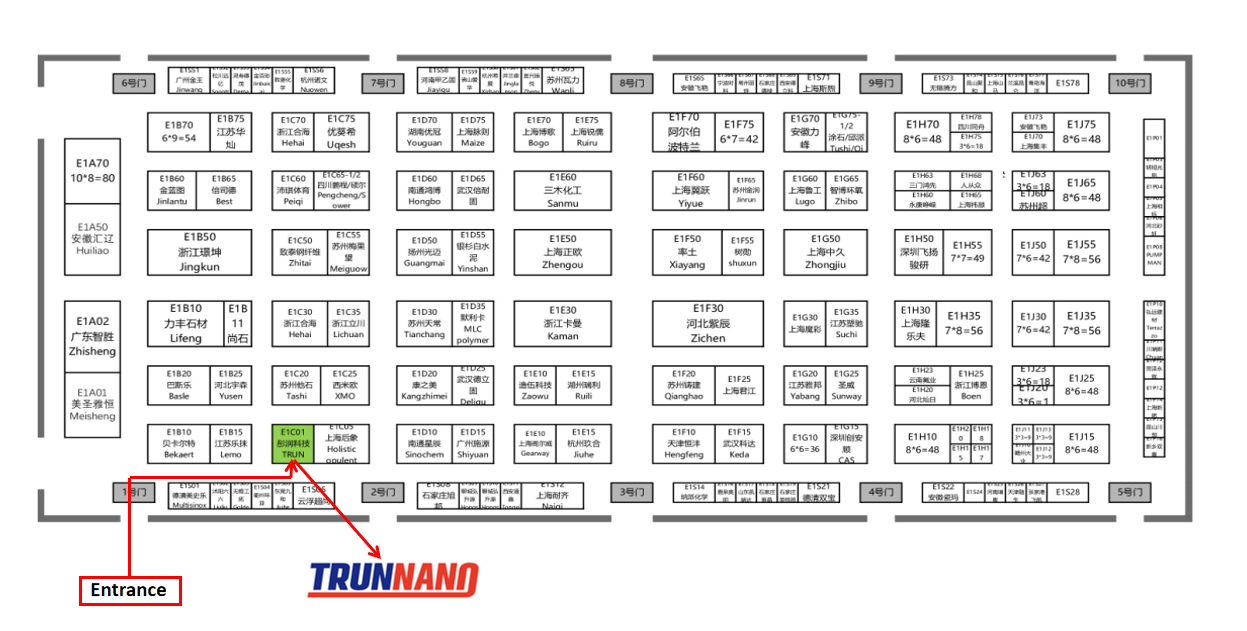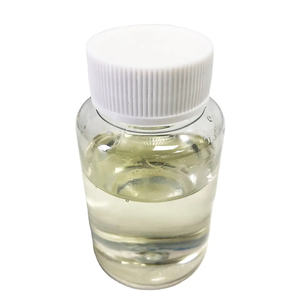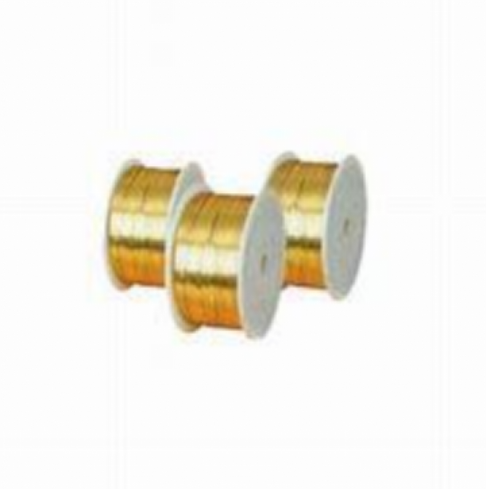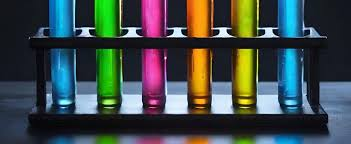Technical Parameters of Powdered Instant Salt Silicate (CAS 1344-09-8)
(Technical Parameters of Powdered Instant Sodium Silicate (CAS 1344-09-8))
Keep in mind: We can also tailor sodium silicate powder with moduli of 2.45, 2.5, and 3.4 according to your needs.
Our Range of Sodium Silicate Moduli
We offer powdered immediate salt silicate with moduli ranging from 2.0 to 3.3. Additionally, we can customize sodium silicate powder with moduli of 2.45, 2.5, and 3.4 to fulfill your certain demands.
Introduction
With a growing international emphasis on environmental management and sustainable growth, salt silicate, alternatively called water glass or soluble glass, has garnered significant interest in various industries owing to its varied usages. This inorganic substance functions as a vital part in building, papermaking, and cleaning agent manufacturing. Lately, conventional phosphorus-based cleaning agent ingredients such as salt tripolyphosphate (STPP) have actually been progressively eliminated as a result of their negative effects on water ecosystems. In this context, the demand for reliable and environmentally secure choices has actually come to be urgent. Sodium silicate, with its unique features, has entered the limelight as an appealing choice.
Market Opportunities
1. International Need Trends
The worldwide production of focused synthetic detergents has seen stable growth, specifically with the increasing share of ultra-concentrated powders. It is estimated that at least 230,000 tons of sodium silicate were required in 2000 alone to fulfill market need. Given the existing limited international supply, there is a significant void between supply and demand, indicating considerable possibility for development. As customers’ demand for high-quality and environmentally friendly items rises, the market for salt silicate is anticipated to increase additionally.
2. International Competitive Landscape
Compared to comparable items generated internationally, Chinese-manufactured sodium silicate often supplies an extra affordable cost and comparable and even remarkable top quality. As an example, the FOB cost of sodium silicate in the United States is approximately $51.15 per 100 extra pounds, while rates in Europe are also greater. This price benefit placements Chinese producers highly in the worldwide market. By continually introducing and boosting product high quality, Chinese makers have the possible to catch a bigger share of the worldwide market.
Introduction of Sodium Silicate
Sodium silicate is a compound developed from silicon dioxide (SiO ₂) and sodium oxide (Na ₂ O), usually stood for by the formula Na ₂ O · nSiO ₂, where n differs relying on the details kind. It is defined by good solubility, a high pH level, and superb cleansing properties, making it an optimal detergent additive. Past its use in detergents, salt silicate is widely used in the building and construction sector, such as in waterproofing materials and sealants. In the paper sector, it enhances the strength and level of smoothness of paper. Additionally, it locates applications in fabric dyeing, oil removal, and other areas.
Production Refine
1. Resources Preparation: The first action involves picking appropriate raw materials, including silica sand or soluble glass, along with caustic soda.
2. Dissolution Phase: The raw materials are mixed and heated to an ideal temperature to help with dissolution, guaranteeing thorough blending of all components.
3. Condensation Control: Details conditions are regulated to promote the formation of preferred crystal structures in the option. Temperature level and stress parameters have to be exactly handled throughout this stage.
4. Filtration and Filtration: To make sure the pureness of the last salt silicate item, a plate and frame filter press is utilized to get rid of unwanted dampness and pollutants.
5. Drying and Creating: Spray drying out innovation is employed to decrease the dampness content even more, leading to a powder form that is easy to shop and transportation.
Cost-Benefit Evaluation
From an economic perspective, the manufacturing of sodium silicate offers clear expense benefits. For a plant with a yearly capability of 5,000 lots, the cost malfunction is as follows:
1. Variable Prices: Around $346.71 per ton, consisting of basic materials (silica sand/soluble glass and caustic soda), energy usage (power and fuel), and labor expenses.
2. Fixed Prices: Around $141,400 annually, covering depreciation of set assets, upkeep, monitoring charges, loan rate of interest, and other costs.
3. Complete Expenses: The mixed overall cost is approximated at $385.71 per bunch.
4. Sales Revenue: With an estimated market price of $642.86 per ton, the earnings margin per ton would be roughly $257.15.
( sodium silicate)
5. Economic Perks: The project could create a yearly revenue of around $3.21 million, contributing approximately $1.29 million in tax obligation income.
This cost-benefit evaluation shows that sodium silicate not only offers considerable technical advantages however is likewise highly financially practical. For producing business, buying the manufacturing and promo of salt silicate can generate substantial financial returns while improving their business social duty photo.
Verdict
In recap, salt silicate, with its premium technical efficiency and reduced production expenses, holds fantastic prospective as a replacement for conventional phosphorus-based additives. Because of progressively rigorous ecological policies and the growing customer need for top quality, environmentally friendly items, accelerating the study, advancement, and commercialization of salt silicate will certainly be an essential vehicle driver in the makeover of the international detergent market. For financiers, entering this area not only contributes to corporate social obligation yet also promises attractive financial returns and societal benefits. With recurring technical advancements and an increasing market, the prospective uses of sodium silicate are comprehensive and quality further examination and growth by market stakeholders and study bodies.
TRUNNANO is a supplier of Sodium Silicate Materials with over 12 years of experience in nano-building energy conservation and nanotechnology development. It accepts payment via Credit Card, T/T, West Union and Paypal. Trunnano will ship the goods to customers overseas through FedEx, DHL, by air, or by sea. If you want to know more about sodium silicate for soap making, please feel free to contact us and send an inquiry(sales5@nanotrun.com).
All articles and pictures are from the Internet. If there are any copyright issues, please contact us in time to delete.
Inquiry us







